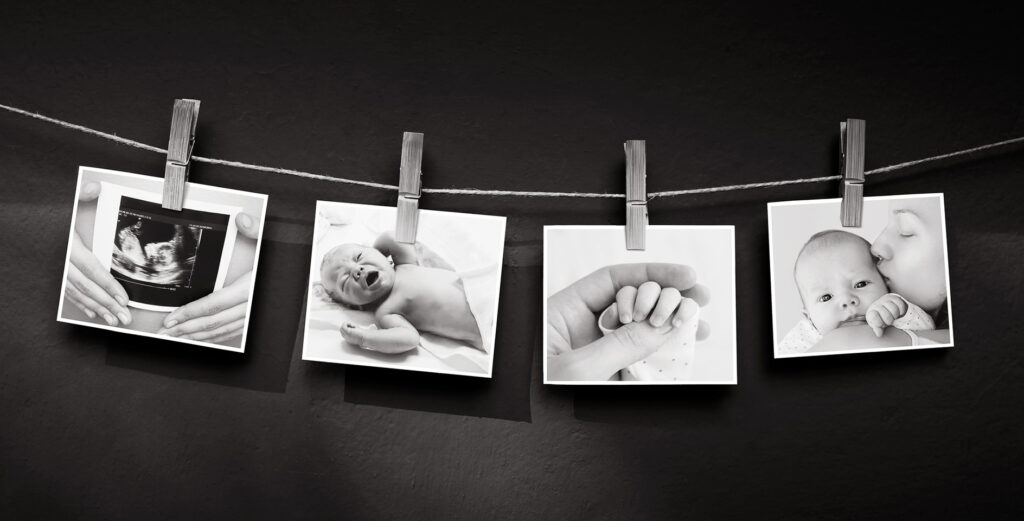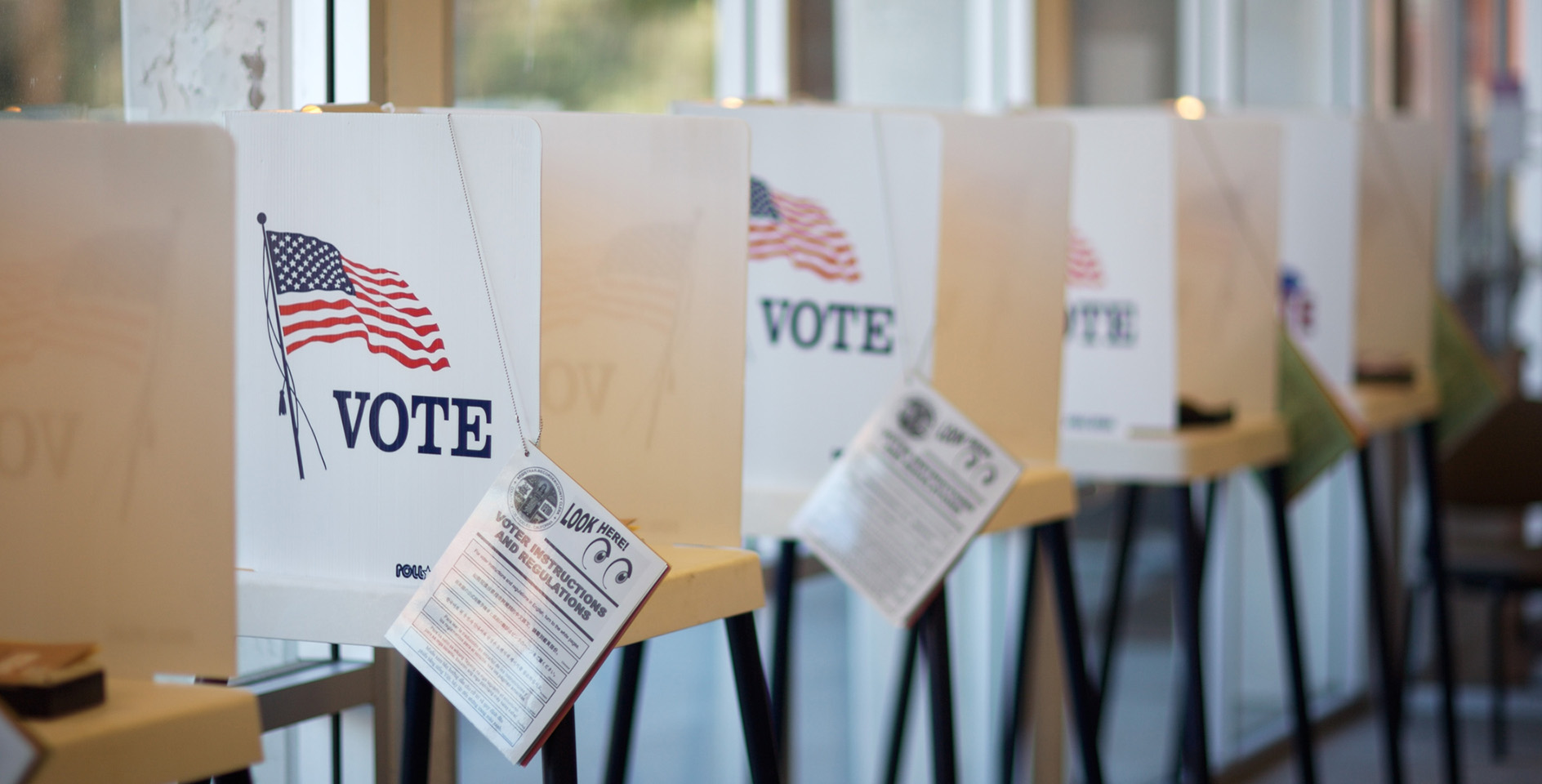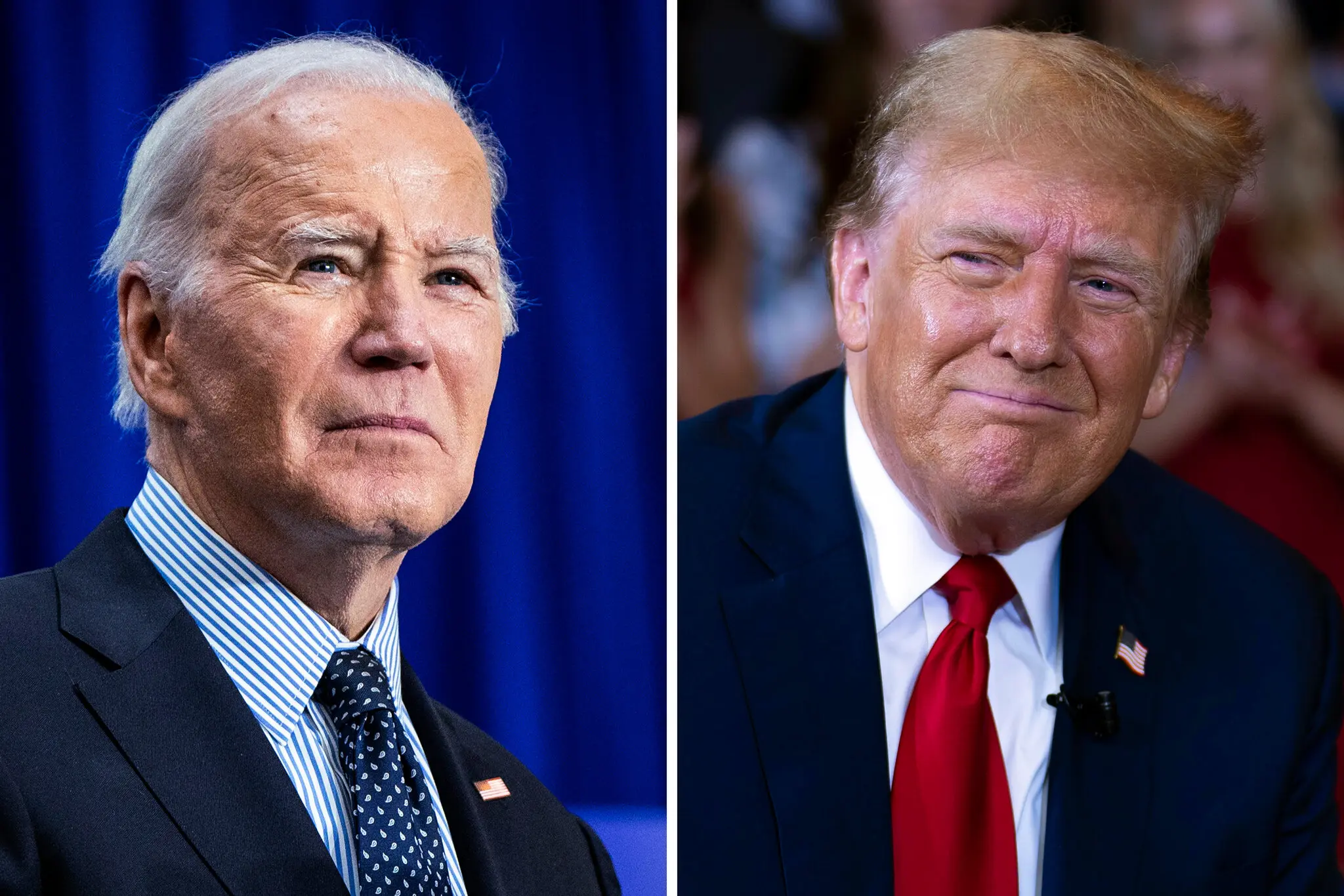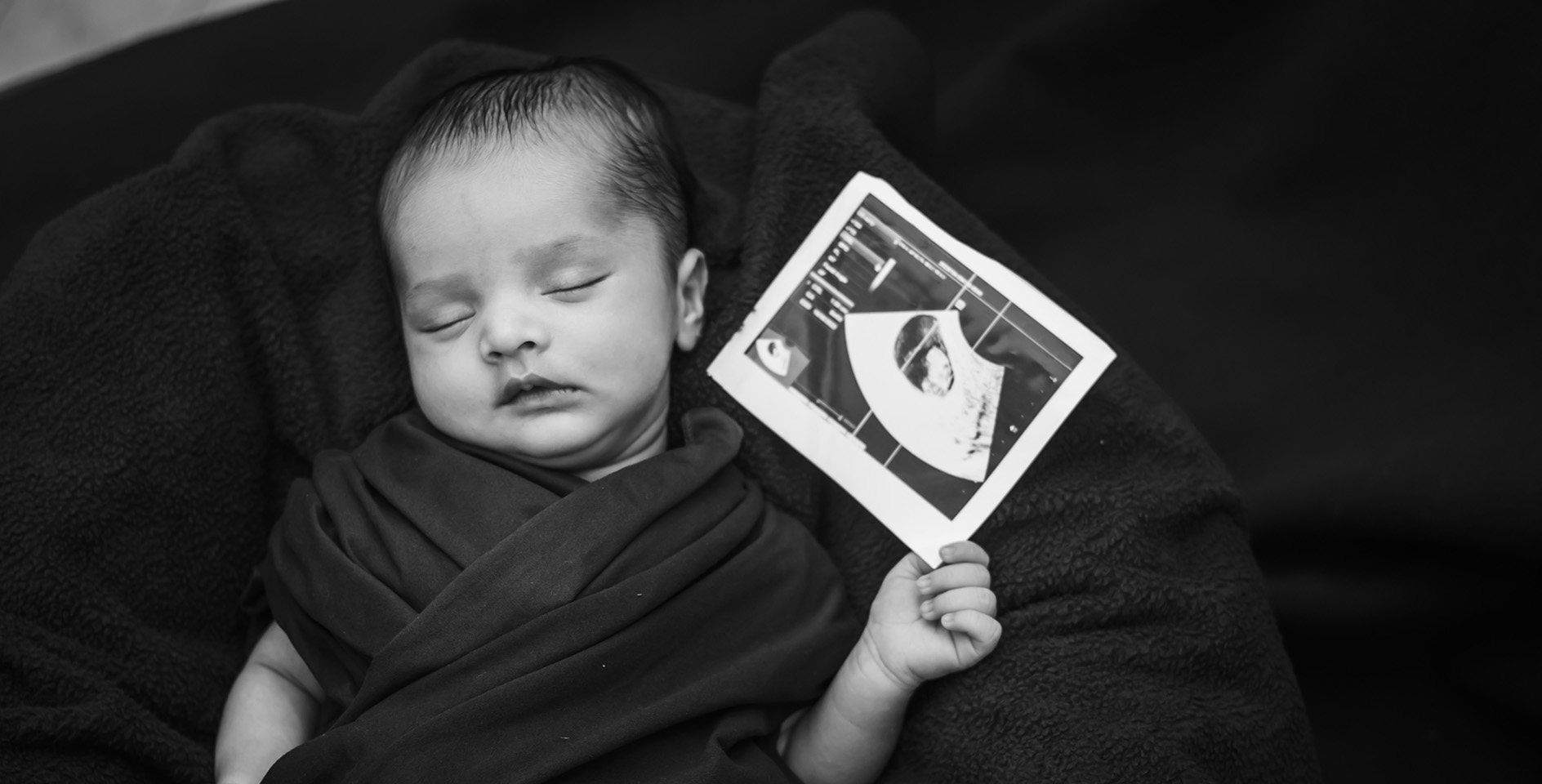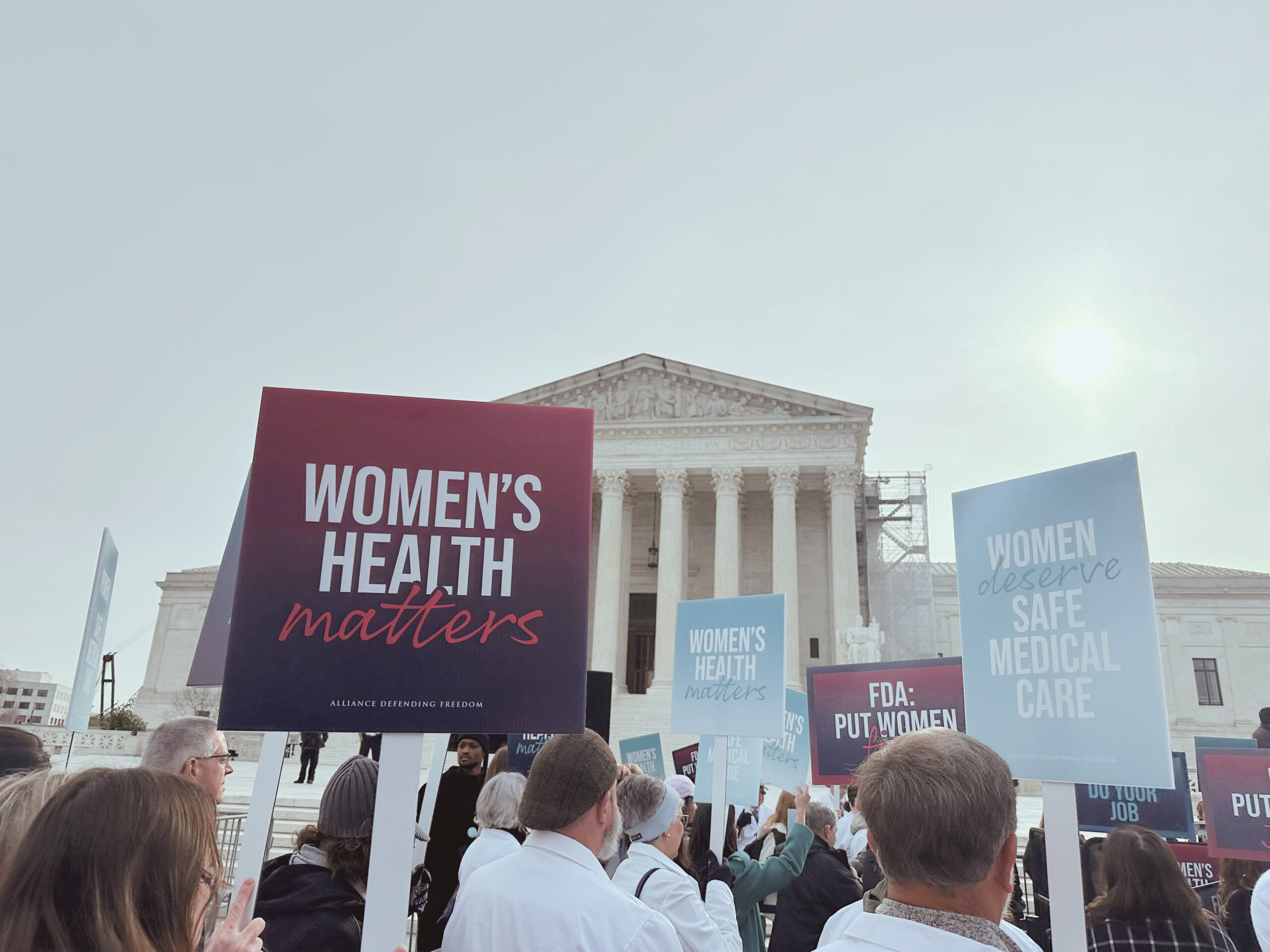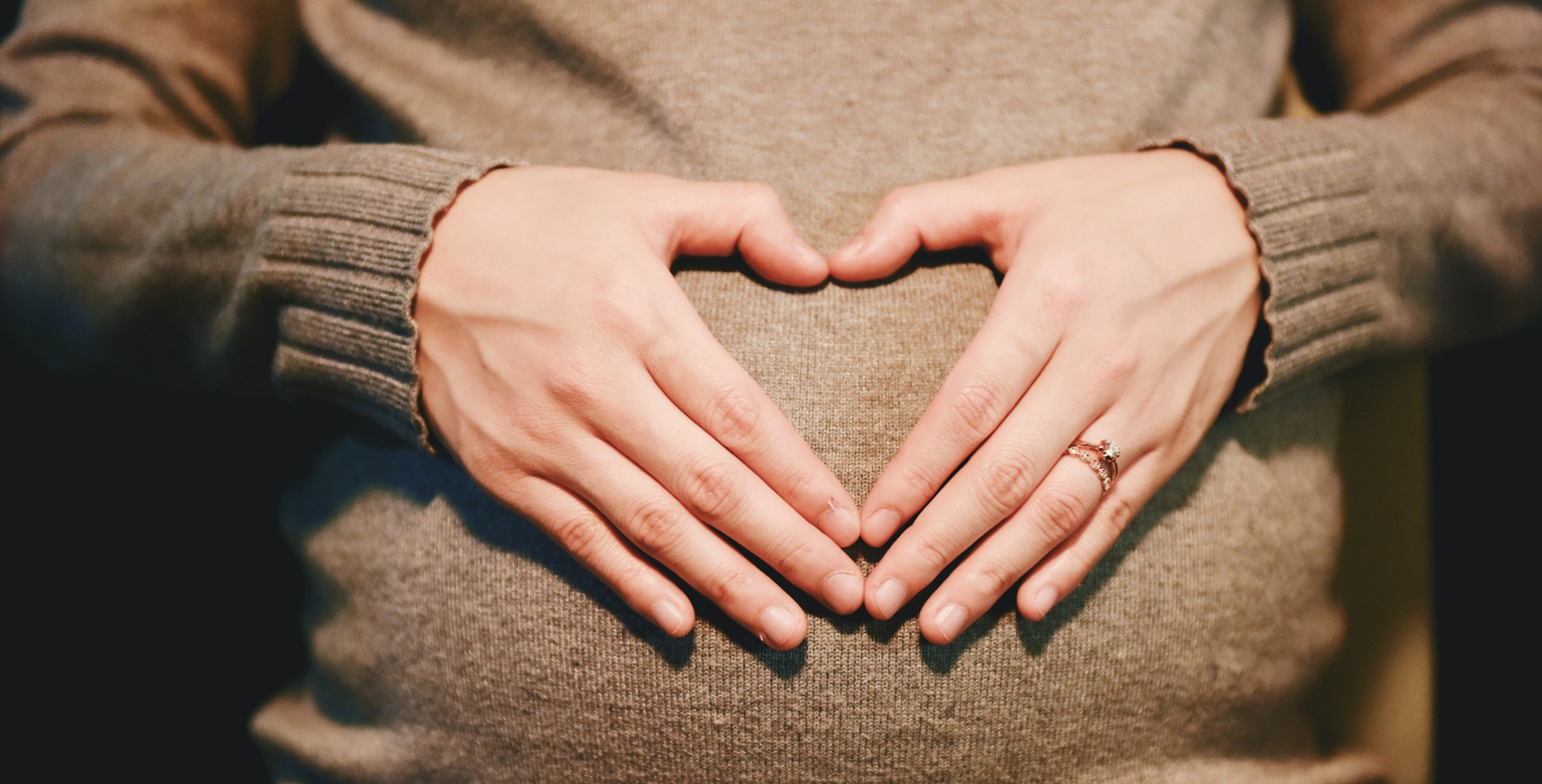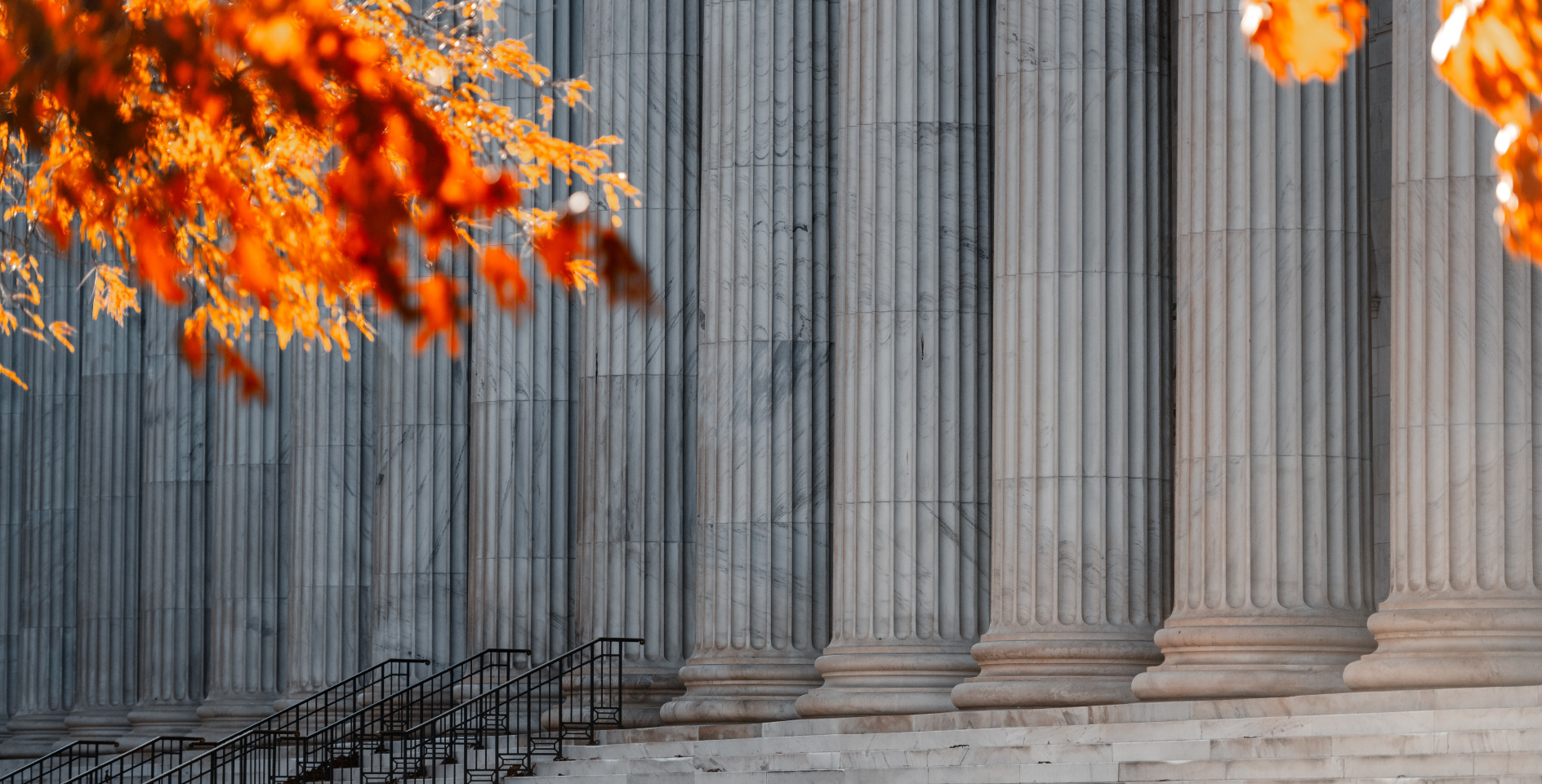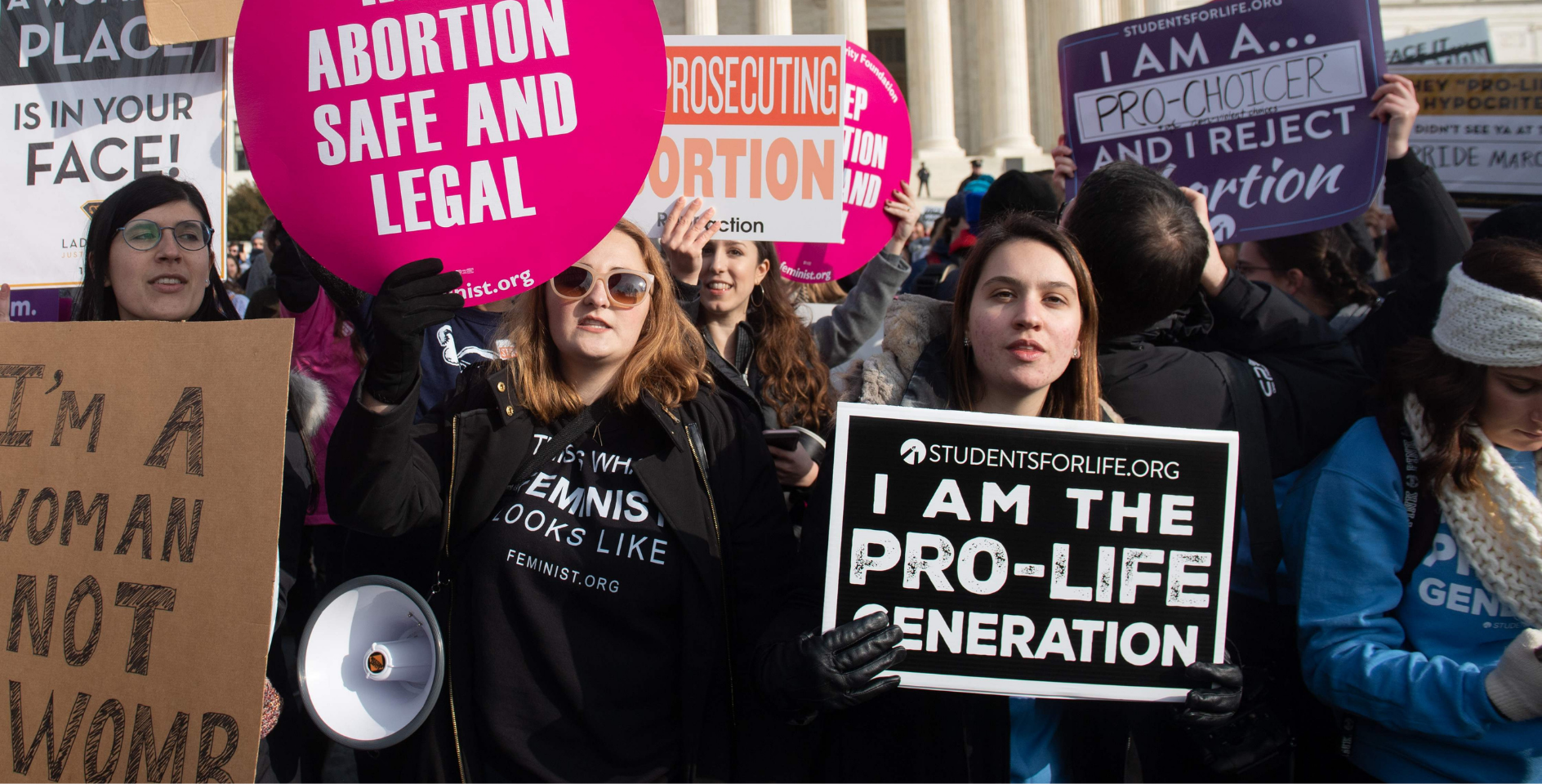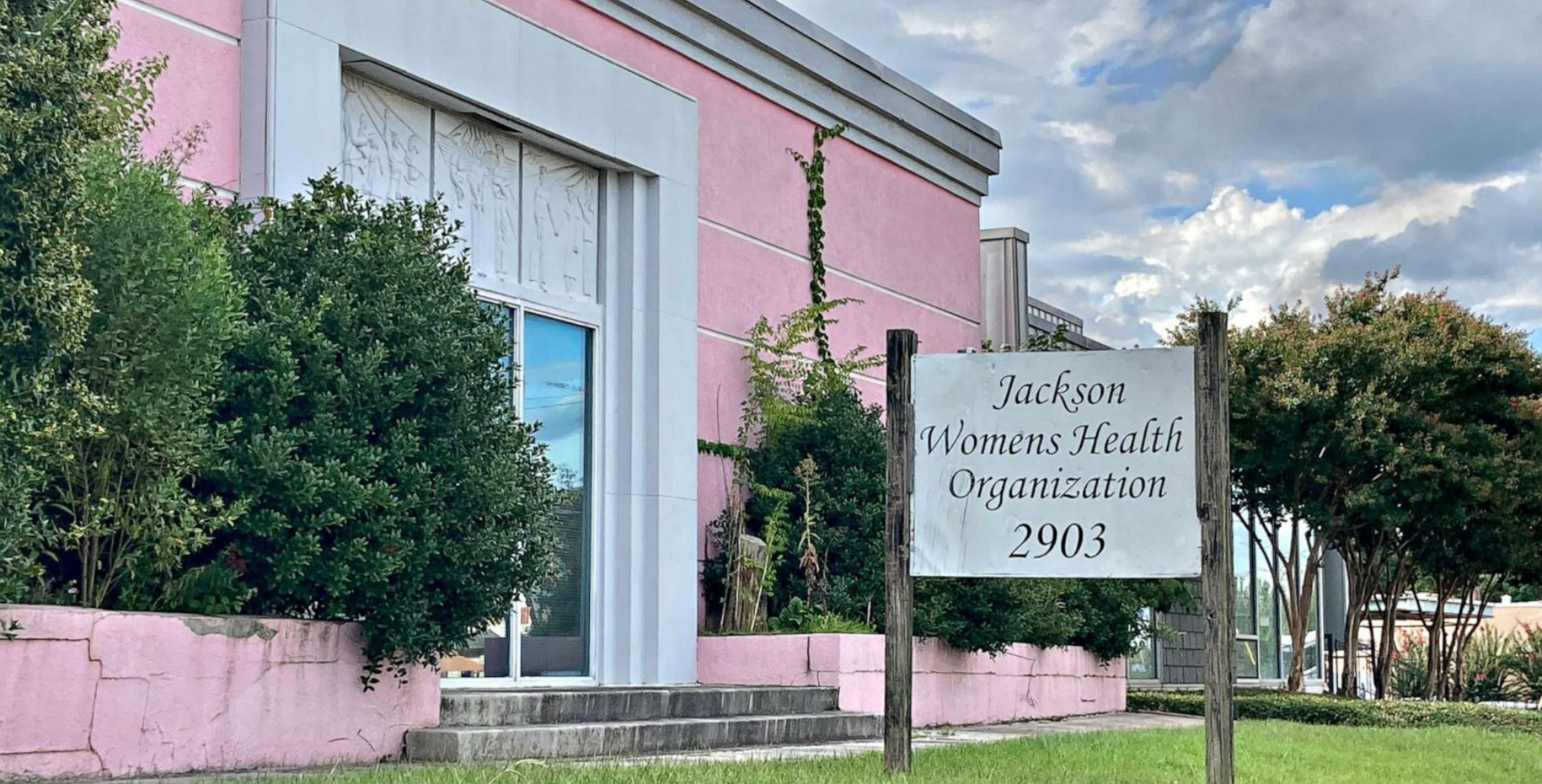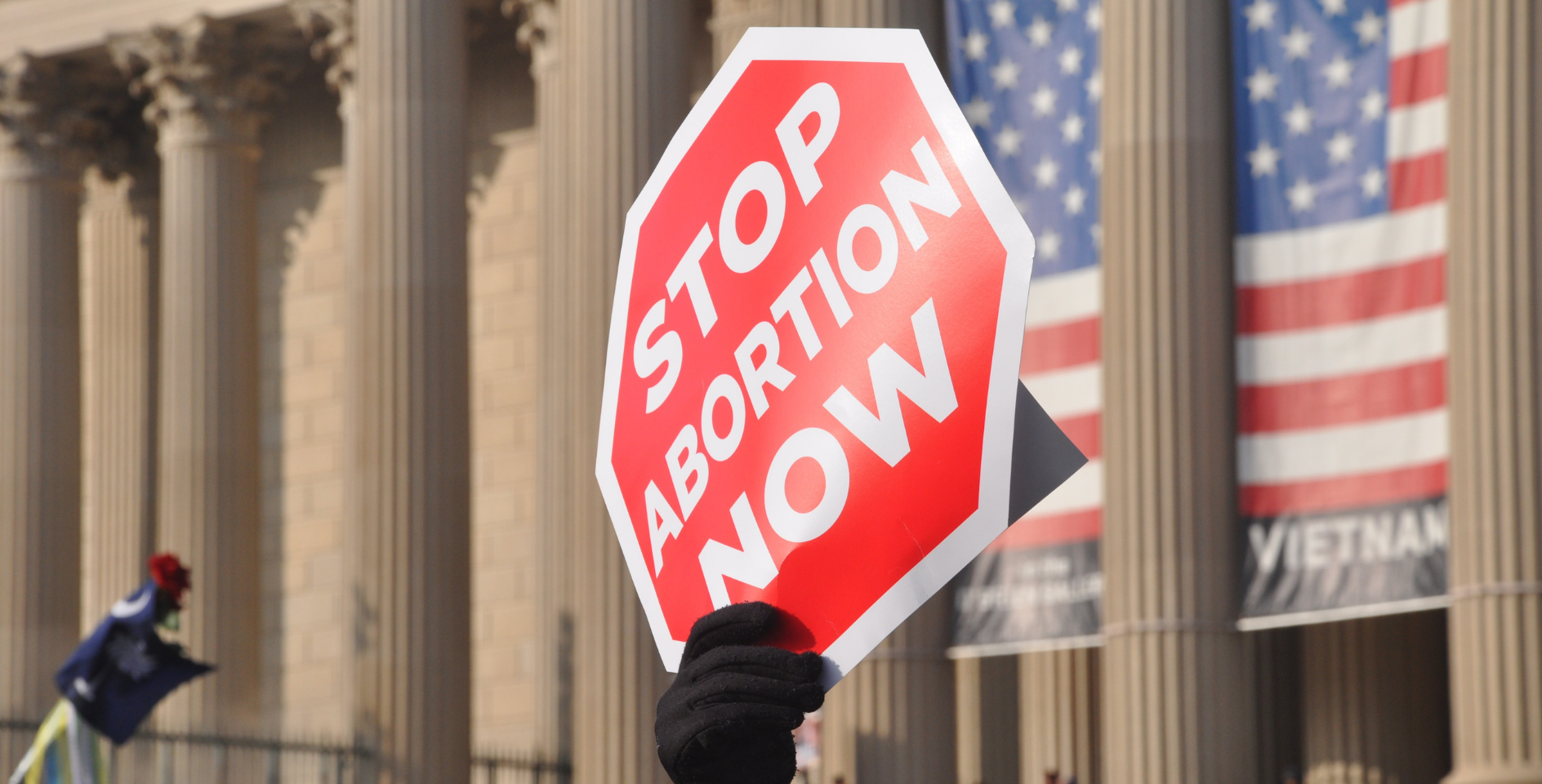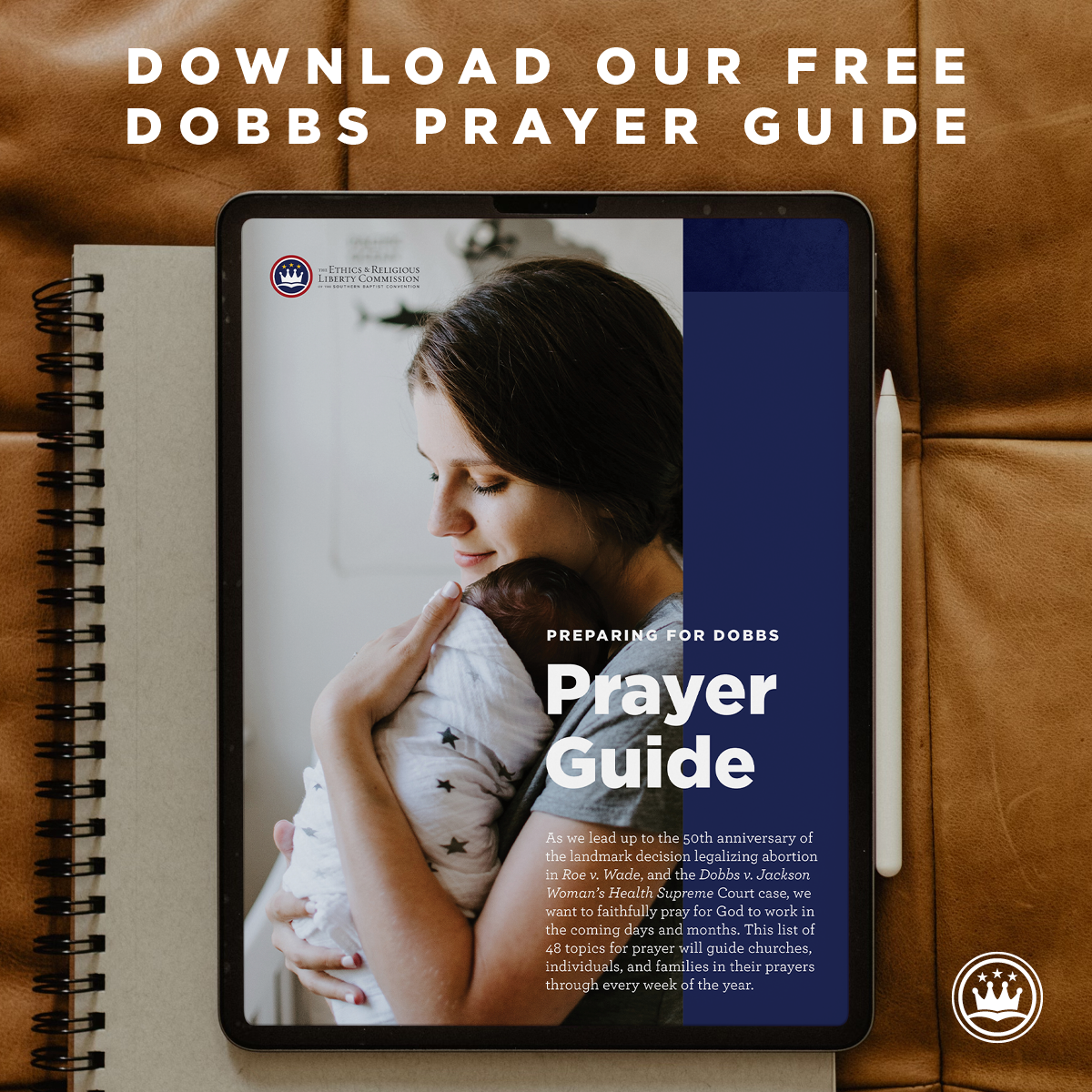Christians believe strongly in the sanctity of human life. It’s woven into the Bible’s narrative, from the very beginning, where we see Moses describe the origin of life in the most descriptive of ways. Most of creation is spoken into existence by the word of the Lord, but the text of Genesis then pauses to draw out the way in which God crafted human bodies and souls. We read that the entire Godhead was involved: Let us make man in our image. The Christian tradition is the only religion in the world that gives such a breathtaking view of humanity. Even cultures that are increasingly antagonistic toward Christianity unconsciously borrow their sense of justice and dignity from the Bible’s vision of what it means to be human.
The rich theology of the imago Dei changes the way Christians see our neighbors. There are no disposable people in God’s economy. Every human being has dignity and worth. This should shape our posture in the world. It means we should think long and hard about difficult ethical issues and, as redeemed image-bearers, actively advocate for policies that respect the dignity of our fellow image-bearers. We will, of course, disagree on the best approaches toward alleviating the suffering of our neighbors and the feasibility and wisdom of policy proposals, but our disposition toward the vulnerable should be one of advocacy, care, and love.
Click here to read more.
